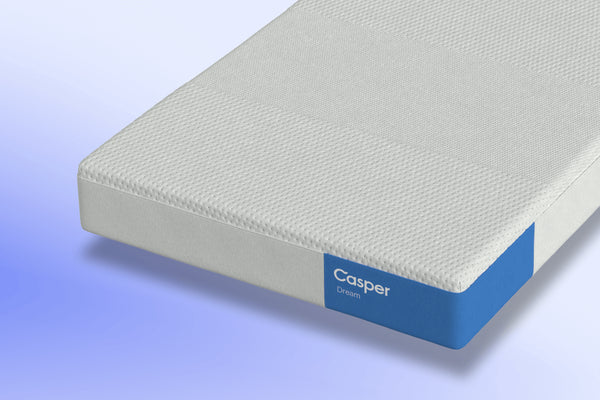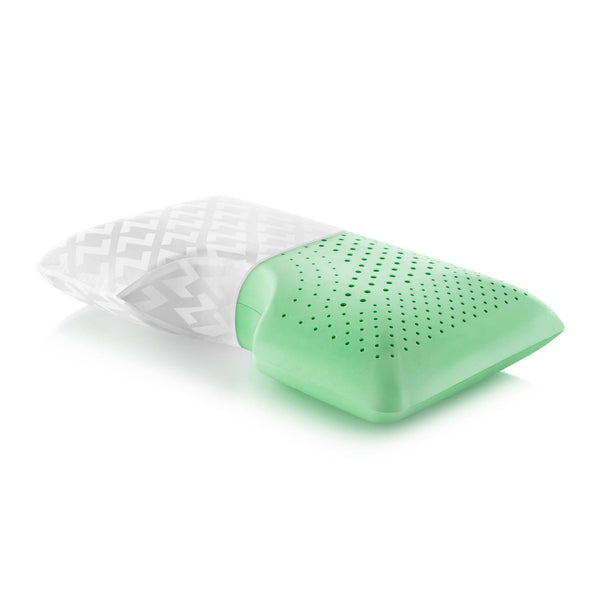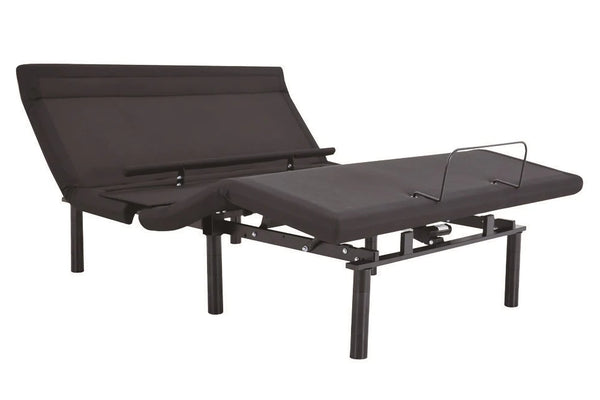
Overview
Recognize when to replace your mattress by looking for signs like age over 7-10 years, visible damage, declining sleep quality, and worsening allergies. A good mattress is essential for health and well-being, so test it regularly and consider personal changes that might affect your sleep needs. Invest in the right type and firmness for optimal comfort and support.
Frequently Asked Questions
1. Why is it important to choose the right mattress?
2. What are the key signs that indicate it's time to replace my mattress?
3. How can I test my mattress to see if it needs replacing?
4. What mattress types should I evaluate when considering a replacement?
5. What factors should I consider when choosing a new mattress?
Choosing the right mattress is pivotal for a good night’s sleep, but how do you know when it’s time to say goodbye to your trusty bed? Many of us often overlook this important decision, leading to discomfort and poor sleep quality. In this comprehensive guide, we’ll explore key indicators that suggest it's time to invest in a new mattress. Understanding these signs not only improves your sleep but can also enhance your overall wellbeing.
Why Mattress Quality Matters
Your mattress plays a vital role in your sleep hygiene. Quality sleep impacts your physical health, mental clarity, and emotional stability. When your mattress is worn or unsuitable for your needs, it can lead to a variety of issues including:
- Persistent back and joint pain
- Restless nights with frequent awakenings
- Allergic reactions from dust mites and other allergens
- Increased stress and anxiety
In essence, choosing a suitable mattress is an investment in your health. Let’s look at some signs that your mattress may no longer serve you well.
Signs It’s Time to Replace Your Mattress
Age Matters
One of the primary indications that it's time for a new mattress is age. Most quality mattresses have a lifespan of 7 to 10 years, depending on the materials and usage. If yours is older than that, it may not provide the support and comfort you once enjoyed. Over time, even the best mattresses lose their structure and firmness, leading to inadequate support during sleep.
Visible Damage
It’s crucial to inspect your mattress regularly for visible damage. This could include:
- Sagging or indentations
- Tears, rips, or stains
- Broken or protruding springs
If you notice any of these issues, it’s a strong sign that your mattress has lost its integrity and should be replaced. An uneven surface can lead to poor sleep posture, resulting in discomfort and pain.
Change in Sleep Quality
Have you found yourself tossing and turning at night more often? A decline in sleep quality can be a significant signal that your mattress is no longer meeting your needs. Factors contributing to this might include:
- Inability to fall asleep quickly
- Waking up feeling fatigued or unrested
- Frequent awakenings during the night
If you consistently wake up feeling tired or sore, it may be time to reassess your mattress situation.
Allergies Acting Up
If you find that you’re sneezing, having itchy eyes, or feeling congested when in bed, your mattress could be to blame. Over the years, mattresses can accumulate dust mites, mold, and other allergens that can trigger allergic reactions. If your allergies seem to worsen when you’re sleeping, it may be time to look for a new mattress.
Evaluating Your Mattress Type
Memory Foam Mattresses
Memory foam mattresses are known for their contouring properties, but they can also trap heat and moisture over time. If your memory foam mattress feels overly warm or has developed an unpleasant odor, it's a significant sign that it might be time for a replacement.
Innerspring Mattresses
For innerspring mattresses, the biggest red flags are sagging springs and noise. If you hear creaking or popping sounds when you move, your mattress may not only feel uncomfortable but could also compromise your sleep quality.
Latex Mattresses
Latex mattresses generally have a longer lifespan, but they can still lose their firmness. If you start to notice discomfort or lack of support, it may indicate that the latex has degraded over time.
Personal Changes That Could Affect Your Needs
It’s essential to consider personal changes when evaluating your mattress. If you've experienced any of the following, your mattress might need to be reassessed:
- Weight fluctuations
- Changes in sleeping position
- New medical conditions affecting sleep
As your body changes, so do your sleep needs. A mattress that once served you well may no longer be suitable. By recognizing these personal factors, you can be proactive in ensuring optimal sleep comfort.
Testing Your Mattress
If you suspect your mattress needs replacing, taking the time to test it can provide clarity. Here are a few tips:
- Conduct a thorough inspection for visible wear and tear.
- Lie down in your typical sleeping position for at least 10-15 minutes to assess comfort.
- Consider any discomfort or noise when shifting positions.
Taking these steps will help you make an informed decision about whether to replace your mattress.
Timing Your Replacement
We all know that it can be tempting to delay purchasing a new mattress, but procrastination can cost you more in the long run. You might think you’re saving money, but the toll on your sleep quality will negatively affect your overall health. Many mattress stores provide financing options, so you don’t have to compromise your sleep during the waiting period.
Choosing the Right Replacement
When you decide it’s time to buy a new mattress, it's essential to know what to look for. Here are some essential considerations:
- Material: From memory foam to innerspring to latex, each material has unique benefits. Research to find which aligns with your comfort preferences.
- Firmness: Firmness levels vary from soft to extra firm. Consider your sleeping position and preference to determine what will provide optimal support.
- Size: Ensure your new mattress fits your bed frame and allows enough room for movement.
- Trial Period: Many retailers offer trial periods that allow you to test the mattress at home. Take advantage of this to see how well the mattress meets your needs.
Final Thoughts on Upgrading Your Sleep Experience
Investing in a new mattress is a significant decision that can greatly affect your quality of life. Recognizing the signs that it’s time to replace your mattress can enhance your sleep quality and overall health. By being proactive and understanding your sleep needs, you pave the way for years of restful nights ahead. Remember, a great day starts with a great night’s sleep, so don’t put off the changes that can help revive your sleep experience. Embrace the power of quality rest and take the first step toward a healthier you!









